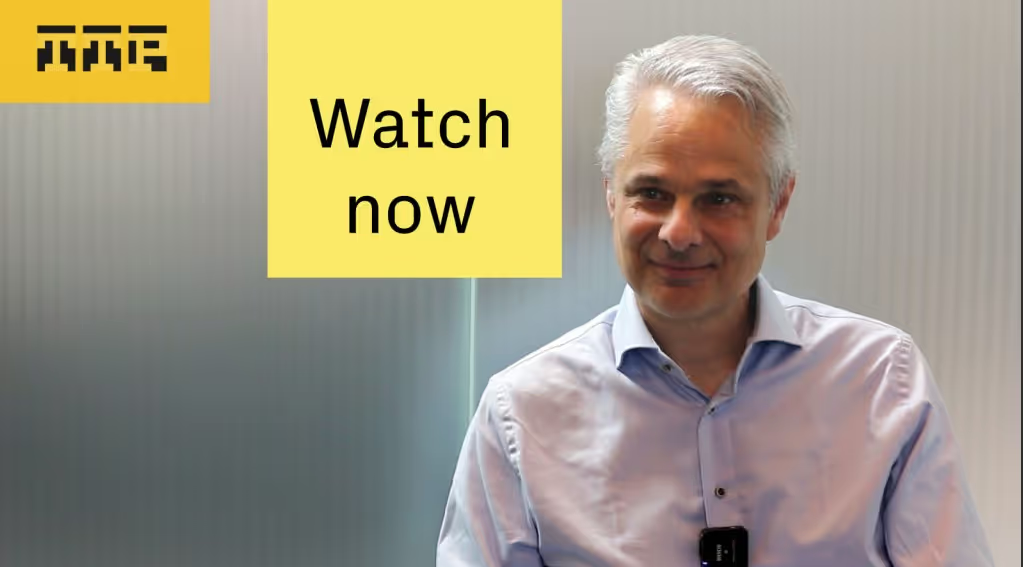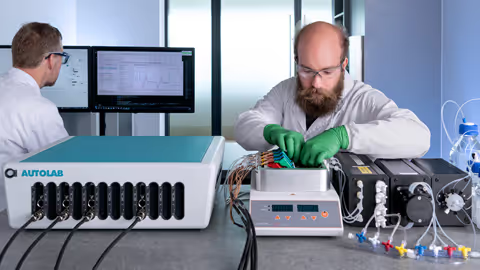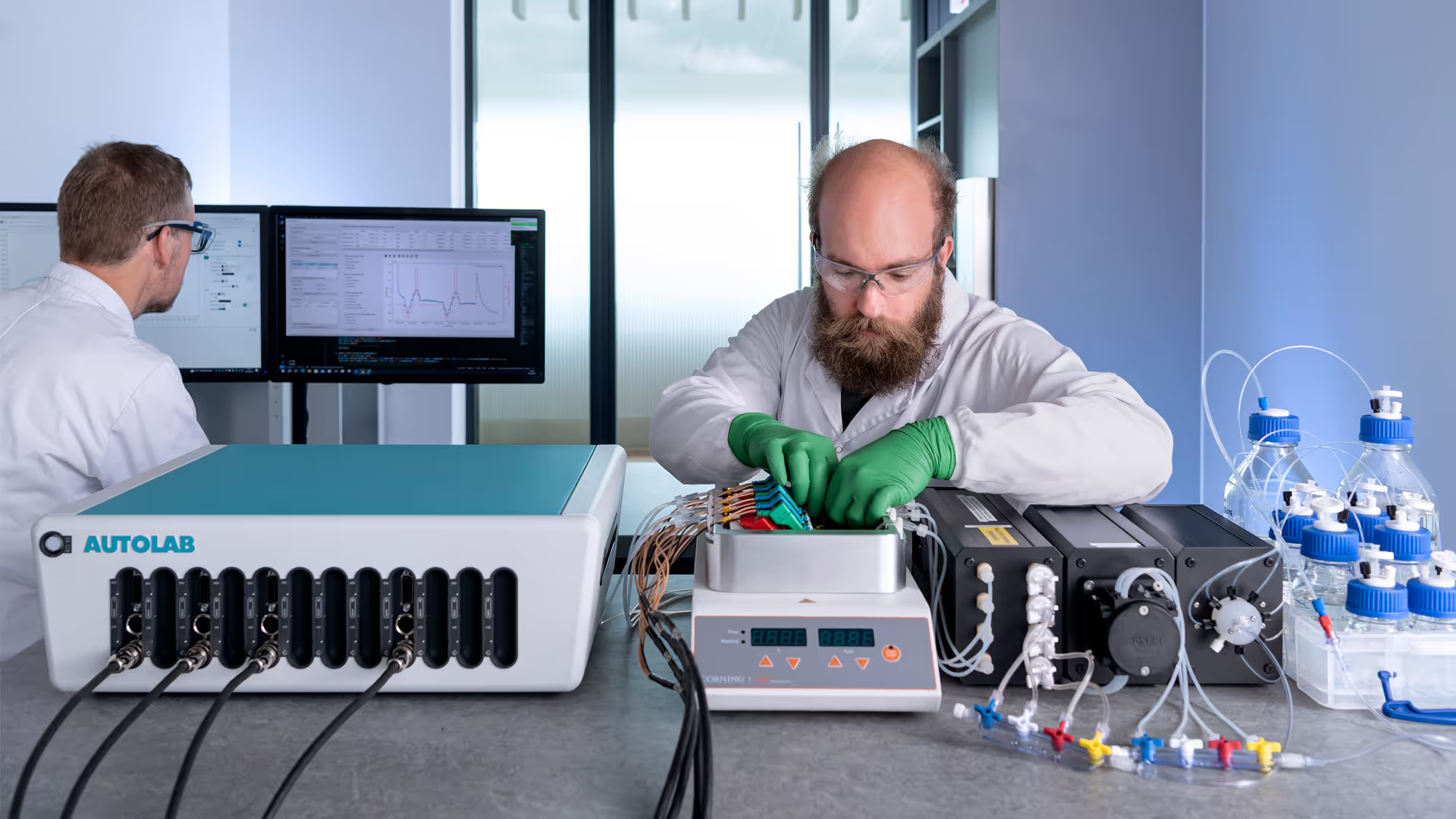Last week, TTP was at the DeviceTalks Boston conference, where over 700 MedTech professionals gathered to talk all things MedTech development, regulatory and commercial.
Consolidating such a wide range of topics is always going to be difficult, but some of the key themes from the conference were:
Reducing the patient stay – in and out?
No-one likes spending time in hospitals, including the health insurers who are looking for ways to reduce the length of time patients spend in these settings. A key theme of the conference was the move towards minimising the time patients spend inside the healthcare system – with large MedTech companies, such as Medtronic, doubling down on their offerings for Ambulatory Surgical (outpatient) Centres.
Start-ups such as LungPacer and Liberate Medical are also looking to aid patient weaning from mechanical ventilation systems – reducing time spent in the ICU by up to 3 days. As minimally invasive/robotically-assisted surgery becomes even more prevalent, patient stays for planned procedures are likely to shrink further, opening new capacity within the healthcare system and improving patient outcomes.
AI in MedTech – where is it going?
After last year’s conference, it felt as though AI was about to revolutionise MedTech - opening new doors to patient-doctor interactions and paving the way for more preventative medicine.
Now, 12 months later, this sentiment has cooled. There is still strong, and well-placed, belief that AI will be pivotal to the processing of the vast reams of data collected by medical devices but there remain questions about how this will be reimbursed, stunting development in this area. The recent appointment of the FDA’s first-ever AI chief suggests that they see AI as a promising new tool – having already approved over 1000 AI-enabled devices - but questions around how this will be funded need to be solved before we see AI really enter the market.
Neurotechnology – a new frontier?
Neurotechnology seems to be at an inflection point, with new entrepreneurs entering the space at the same time that the enabling technology is shrinking to enable new, more palatable, form-factors. The latest wave of start-ups are avoiding the ‘traditional’ approach of DBS, and are instead exploring targeted stimulation through the blood vessels (Neurobionics, LungPacer), injectable/minimally invasive implants (Juniper Biomedical) or non-invasive stimulation (Liberate Medical, Neurovalens).
All of this is bringing neurological therapies to the market with a lower risk to the patient, opening up new opportunities for therapeutic treatments – and just maybe opening the door to new, better prosthetics (PSYONICS, PhantomNeuro).









